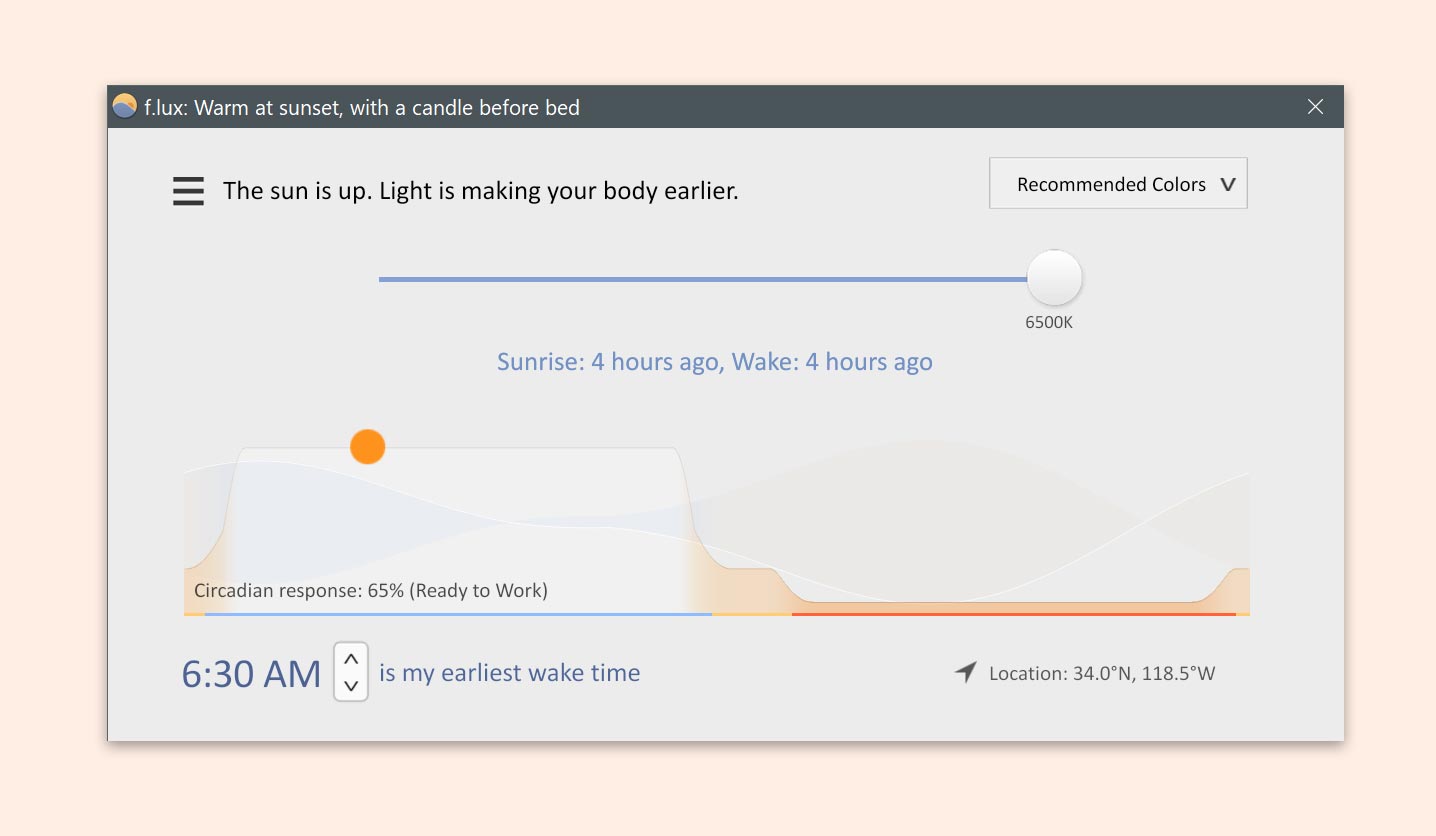고정 헤더 영역
상세 컨텐츠
본문


The concept of using a single platform to develop apps for different handsets is long gone. Today, either you create apps for Android, iOS, or both. Android is the leading operating system with iOS far behind from catching up. Nonetheless, you still have the programming language assisting you, which enables you to convert apps between iOS SDK framework and Android SDK. Both the SDK platforms are different, with different design patterns and windows. Here we will be looking at how to convert Android app to iOS.How to Convert Android App to iOS (and Vice Versa)For a developer, it is critical to recognize that both Android and iOS are different platforms.
Android uses Java as the programmable language whereas iOS uses ObjectiveC. Due to this, it is hard to convert an app built for Android to iOS or vice versa. For a developer who intends to build an app for both the platforms, require using a multi-functional platform such as HTML5 that is capable of running on different devices irrespective of the operating system.
Here we will be looking at how to convert Android app to iOS. How to Convert Android App to iOS (and Vice Versa) For a developer, it is critical to recognize that both Android and iOS are different platforms. Android uses Java as the programmable language whereas iOS uses ObjectiveC. Due to this, it is hard to convert an app built for Android.
Change My Software Ios To Android Download Windows 7

- Change my software free download - Change my Face, Change My Name, Change My Location, and many more programs.
- Change My Software Android Installer For Apple Ios. Adobe photoshop 8.0 free download. The Mercury Graphics Engine increases the speed of the application to an ultimate level. Watch the video above (and open on your Android phone's web browser) to see how to get iOS 8 running on your Android phone, or scroll down for the written guide.
However, with the help of Google's J2ObjC project, it is now possible to convert Java source code to Objective-C for the iOS platform.What is J2ObjC?J2ObjC is an open source command-line utility tool developed by Google in order to allow developers to convert Java source into Objective-C coding. With the help of the utility tool, a developer building an Android app will be able to convert it to iOS app with the support of this tool. The main aim of the project is to enable a developer to utilize non-UI code such as data models and application logic in Java and then share it using web apps such as Android apps and iOS apps. The most engaging part of the plan is the support it provides to Java runtime features and language required for a particular client-side application. Additionally, it even helps in anonymous classes, exceptions, threads and reflection, and generic types.
Before proceeding further, it is important for a developer to have JDK 1.8 or higher, Mac laptop or workstation, Mac OS X 10.11 and above, and Xcode 7 and above.Converting iOS Apps to AndroidIn similar fashion to that of converting an Android app to iOS, it is also possible for a developer to reverse the action with the help of MyappConverter. The converter provides the necessary support for mobile developers to port their native iOS application to Android platform.
Therefore, for a developer who is concentrating on building an iOS app has an excellent opportunity to convert it to Android without the need to build from scratch.The automatic code converter supports iOS framework, which helps a developer to convert any application built on iOS SDK to the Android operating system. The developer will be developing the application using the Apple's iOS SDK and then share it across web apps such as iOS apps and Android apps. However, the converter helps in converting the code of the application into the form that is recognizable by Java language.
Once done, the developer can complete the rest of the features manually to make it a fully functional app.Related Articles & Tips.





